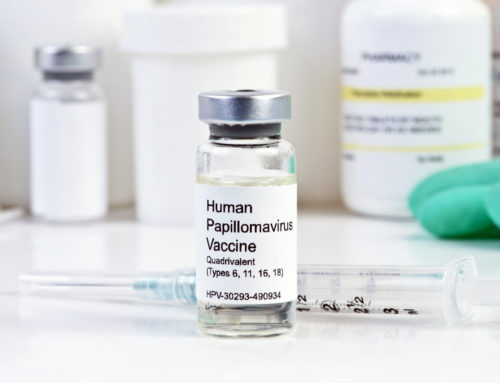The latest report from the Review on Antimicrobial Resistance (AMR), recently released, highlights the lack of vaccines and alternative approaches to antibiotics available for doctors to use to tackle many of our most urgent drug resistance threats and calls for more investment into developing these products.
Responding to the report and a call from Jim O’Neill, who is leading the review, for wider use of vaccines and alternative approaches to tackle drug-resistant infections, The Royal Pharmaceutical Society Chief Scientist Professor Jayne Lawrence said, ‘Jim O’Neill is right to call for alternatives to antibiotics, including vaccines.
‘Unlike most other treatments, most vaccines act to prevent or reduce the effects of an infection. Vaccines have been very successful and are responsible for the eradication of smallpox as well as reducing the incidence of polio, measles, flu, chickenpox and typhoid. Most recently vaccines have prevented infections that increase the risk of cervical cancer.
‘Furthermore, new types of vaccines are currently being developed to treat, rather than prevent, disease. For example research is underway to develop vaccines to treat people already infected with HIV. As with vaccines used to prevent infection, the goal of a vaccine to treat illness is to stimulate the body’s immune system to destroy the cause of the disease.
‘However, there are serious challenges to producing vaccines to treat many types of infection, particularly those caused by rapidly evolving micro-organisms such as HIV or infections that cannot be readily treated with by stimulating only one part of the immune response.
‘It is essential other approaches are also studied. For example, treatments that are less likely to increase the likelihood of drug resistant infections, such as the use of bacteriophages which are viruses that infect and kill bacteria but not human cells, is attractive, as is the use of anti-viral drugs and immune-based therapies including monoclonal antibodies or white cells.’
To read the report, visit www.amr-review.org/file/363.






